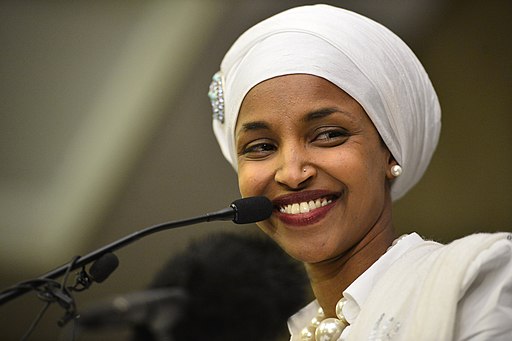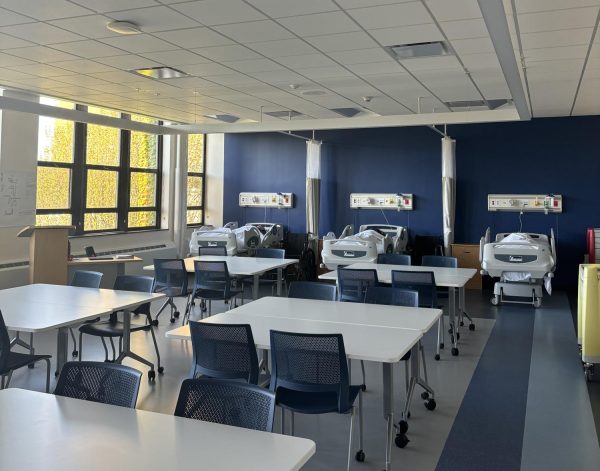Diverse results of Midterm Election make history
November 9, 2018
The 2018 Midterm Elections brought into Congress the most diverse group of candidates — both ethnically and gender-wise — that the nation has ever seen.
National Public Radio reports an all-time high of 121 women elected to Congress — of which 98 were elected to the House of Representatives. Among female representatives are two Native American women — Debra Haaland, New Mexico representative, and Sharice Davids, Kansas representative. Davids is also the first lesbian Native American woman to be elected to Congress. Davids defeated the four-term Republican Kansas incumbent by about 10 percentage points.
Ilhan Omar and Rashida Tlaib also broke records as the first Muslim women to be elected to the House, representing Michigan and Minnesota, respectively. Ayanna Pressley is Massachusetts’s the first African American representative, and Veronica Escobar and Sylvia Garcia are Texas’s first Latina representatives. These are just a few of the historic female wins of the House.
In other momentous defeats, Jared Polis of Colorado became the nation’s first openly gay governor, and Republican Marsha Blackburn became Tennessee’s first female senator.
The diverse outcomes of the midterms have some students feeling hopeful for the future.
“When we elected Trump, we took a step back — we went from electing the first Black president to electing the epitome of the white male in power,” senior Isa Reinhart says. “Electing the most POC than we ever have in these Midterm Elections gives me hope that we are still moving towards a common goal of equality.”




















